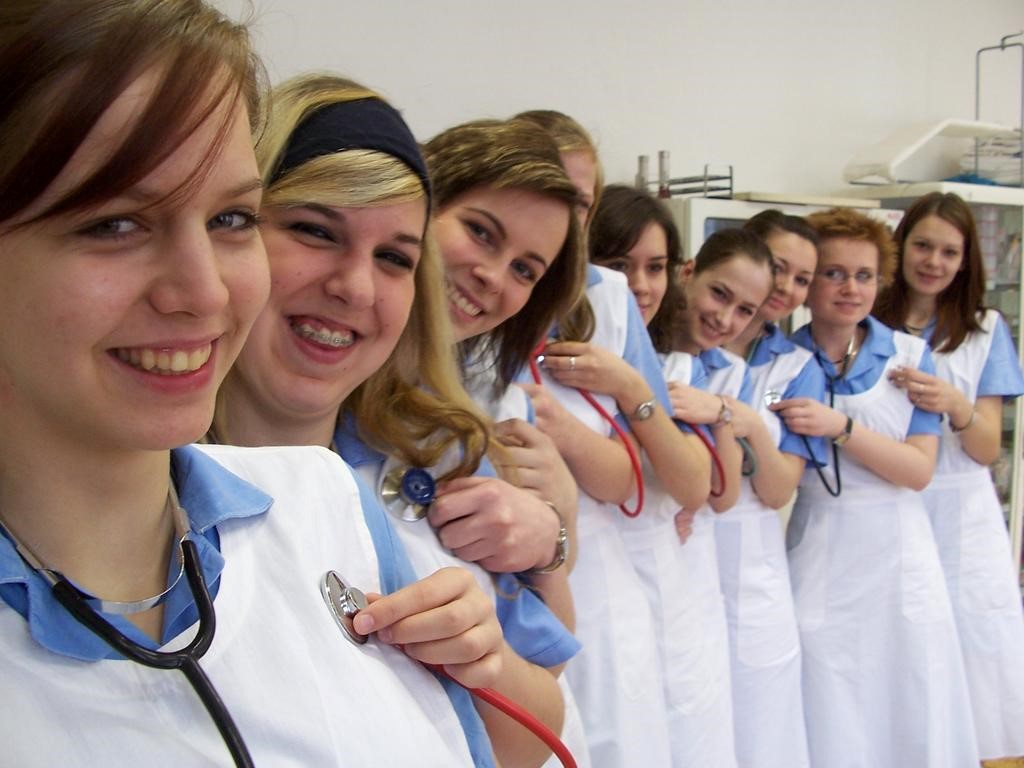your Path to Nursing: A Extensive Guide to Becoming an RN
Are you considering a rewarding career in the healthcare field? Becoming a Registered Nurse (RN) is a popular and fulfilling option for many individuals looking to make a difference in the lives of others. This comprehensive guide will walk you through the necessary steps, benefits, and practical tips to help you successfully navigate your journey to becoming an RN.
Understanding the Role of a registered Nurse
Registered Nurses play a crucial role in the healthcare system. They are responsible for providing patient care,educating patients and their families,and advocating for their patients’ needs. Here are some key responsibilities of RNs:
- Assessing patients’ health conditions and needs
- Administering medications and treatments
- Collaborating with other healthcare professionals
- Documenting patient progress and care plans
- educating patients about health management and wellness
Steps to Becoming a Registered Nurse
Your journey to becoming an RN can be broken down into several key steps:
1. Obtain a High School Diploma or GED
The first step in becoming a nurse is to complete your high school education or obtain a GED. Focus on subjects like biology, chemistry, and health sciences to build a strong foundation.
2. Choose a Nursing Programme
Different paths can lead to becoming an RN, including:
- Associate Degree in Nursing (ADN): A 2-3 year program offered by community colleges.
- Bachelor of Science in Nursing (BSN): A 4-year degree available at universities. Many employers prefer or require a BSN.
- Accelerated BSN programs: For those who already have a bachelor’s degree in another field, these programs typically last 12-18 months.
3. Pass the NCLEX-RN Examination
After completing your nursing program, you must pass the National Council Licensure Examination for Registered Nurses (NCLEX-RN) to obtain your nursing license. This exam tests your knowledge and competency in nursing practices.
4. Obtain Licensure
Once you pass the NCLEX-RN,you’ll need to apply for licensure in the state where you plan to work.each state has its specific requirements, so check with your local nursing board.
5. Gain Experience and Consider Specialization
After becoming a licensed RN, consider gaining experience in various healthcare settings. Over time, you might find areas of specialization that interest you, such as:
- Pediatrics
- Emergency care
- Oncology
- Cardiology
- Geriatrics
Benefits of Becoming an RN
Choosing a career as a Registered nurse offers numerous benefits:
- Job Stability: The demand for registered nurses is consistently high, providing a secure career path.
- Competitive Salary: RNs typically earn a good salary, with potential for higher earnings in specialized areas.
- Impactful Work: Nurses have the opportunity to positively affect patients’ lives every day.
- Versatility: Many nursing roles offer flexible schedules, allowing for better work-life balance.
- Professional Growth: Continuous education and advancement opportunities in nursing are readily available.
practical Tips for Aspiring RNs
While embarking on your nursing journey, consider the following tips:
- Join nursing associations to network and find resources.
- Participate in volunteer opportunities in healthcare settings.
- Seek out mentorship from experienced nurses.
- Stay organized and manage your time effectively during your studies.
- Prepare for the NCLEX-RN with practice exams and study groups.
Case Study: A Day in the Life of an RN
To give you a firsthand perspective,let’s explore a day in the life of a Registered Nurse working in a pediatric unit. Emily, a BSN graduate, shares her experiences:
| Time | Activity |
|---|---|
| 7:00 AM | Start shift with team briefing and patient assignment review |
| 8:00 AM | Administer morning medications and check vitals |
| 10:00 AM | Assist with diagnostic tests and procedures |
| 12:00 PM | Lunch break and patient charting |
| 1:00 PM | Conduct patient assessments and engage with families |
| 3:00 PM | Participate in care plan discussions |
| 4:30 PM | End of shift debriefing with incoming staff |
Conclusion
Becoming a Registered Nurse is a fulfilling career choice that provides opportunities for personal growth and the chance to make a important impact in the healthcare field. By following the steps outlined in this guide and utilizing the benefits and practical tips shared, you can navigate your path to nursing with confidence. Whether you aspire to work in hospitals, clinics, or specialized medical settings, the journey to becoming an RN can lead to a rewarding and meaningful professional life. take the first step today!



